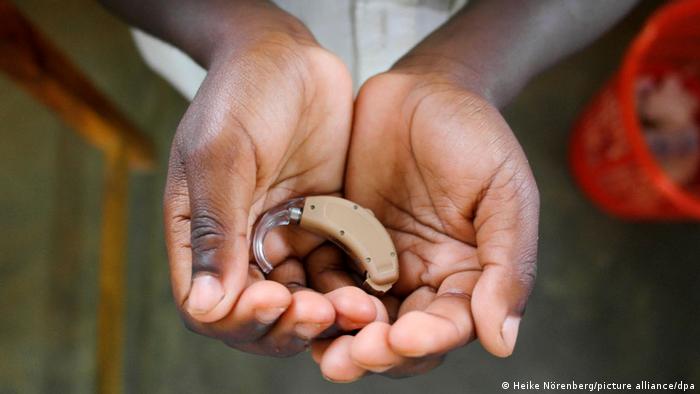COMPUTERS are being trained to spot cancer — by listening to farts.
An artificial intelligence prototype was able to hear healthy and unhealthy sounds and to recognise subtle changes.
Its developers believe their system, Synthetic Human Acoustic Reproduction Testing, aka SHART, will one day pick up cancer signs.
It can also be used to detect tell-tale differences in the sounds of both pooping and peeing.
David Ancalle, a PhD student at Georgia Tech University in the US, said: “We’re trying to find a non-invasive way where people can get a notification on whether or not they should go get checked out.
“Like, ‘Hey, your urine is not flowing at the rate that it should’ or ‘Your farts are not sounding the way they should’.”;;
The AI prototype has not yet been tested on human patients.
However, Mr Ancalle reported that it could identify which bodily function a sound was coming from 98 per cent of the time.
The researchers hope it will one day become accurate enough to pick up slight changes that happen when a disease is developing.
Bowel cancer is one of the most common types in the UK.
Early signs include diarrhoea or constipation.
Prostate, bladder and urethra cancer can all make the flow of pee weaker or stop and start more often — signs which could be picked up by a listening device.
Mr Ancalle said the system could also be used to battle diarrhoea-causing diseases such as cholera, which are huge killers in poor countries.
In a presentation at the American Physical Society, he said: “The acoustic characteristics of excretion events are unique and identifiable.”;;




